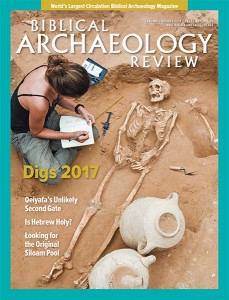ReViews: Money Talks: Illuminating the Maccabean Revolt
The title of Jacobson’s beautifully illustrated book coordinates two of the world’s great cities. We are all familiar with Jerusalem—the well-excavated home of God, the single city of Judea, the capital of modern Israel and the troubled heart of our world’s great religions. By contrast, Antioch, modern Antakya, is a backwater in the Turkish province of Hatay, a slightly seedy town on the Syrian border with a hint of the Wild West—refugees, journalists and Jihadis—that betrays little of its former greatness. But in the Hellenistic period, the last three centuries B.C.E., their fates were precisely the reverse. Antioch, founded c. 300 B.C.E. by Seleucus I Nicator, was the great western center of the Seleucid empire (the Graeco-Macedonian kingdom that took control of the majority of the territorial conquests of Alexander the Great, from Central Asia to Bulgaria). Jerusalem was but the inland temple-town of a small population, subjects of the Seleucid kings since the beginning of the second century B.C.E.
Already a library member? Log in here.
Institution user? Log in with your IP address.

